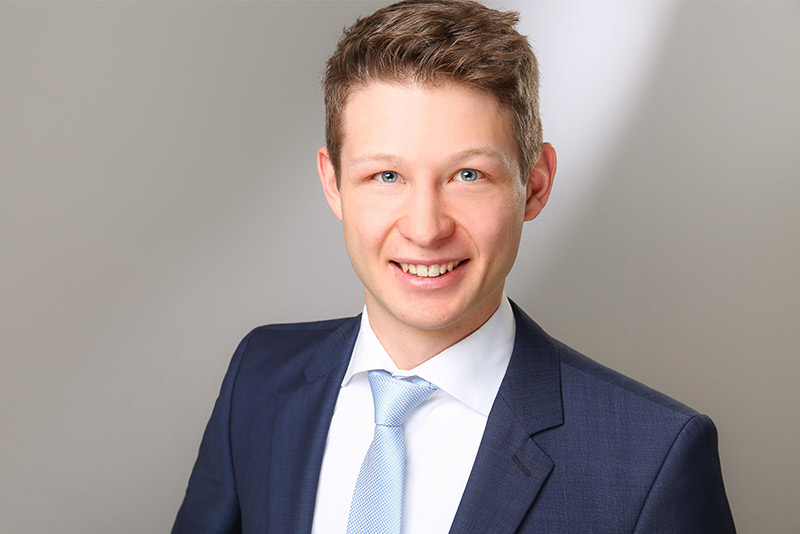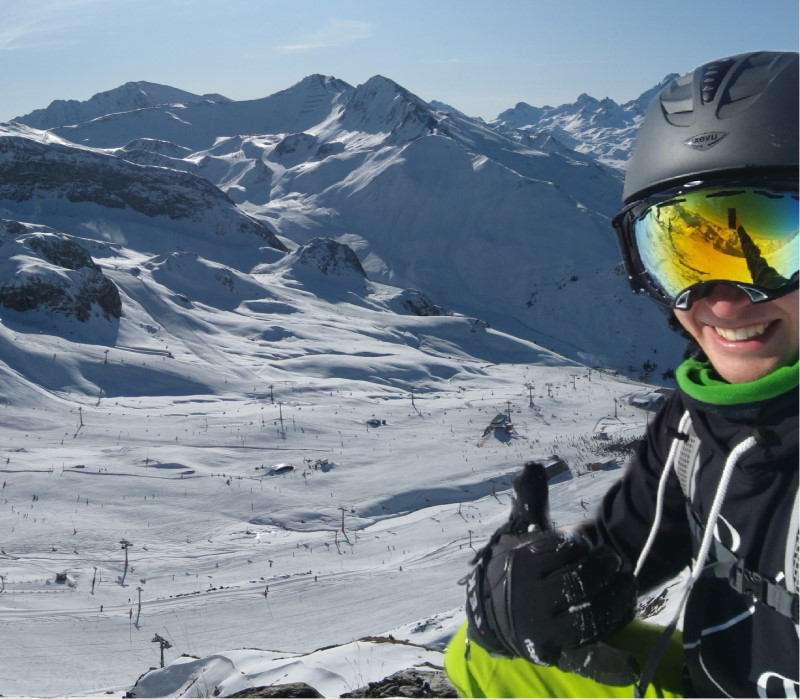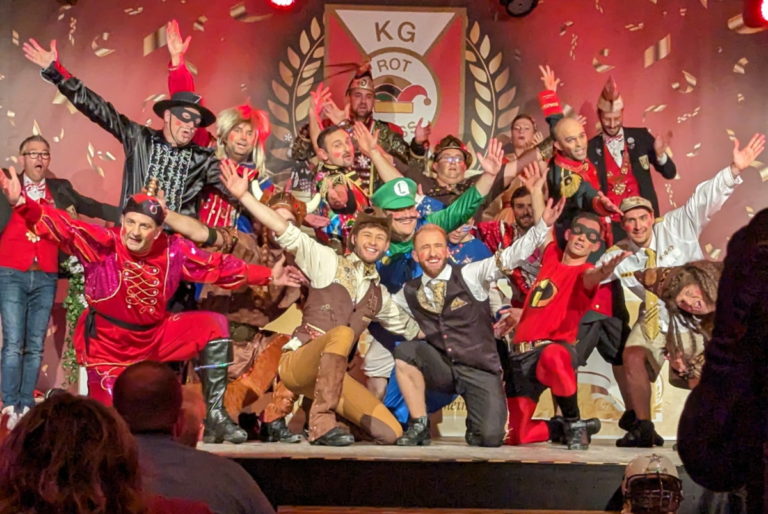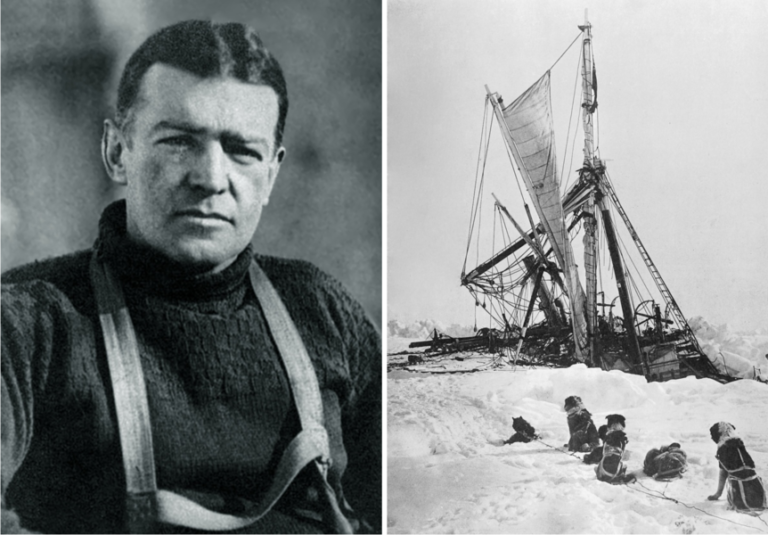
Leading in times of crisis: How healthy optimism works
Crises are as much a part of business as stormy weather at sea. But what if the storm lasts longer? 3 impulses for strong leadership in a crisis.

I was contacted by Matthias Hornke via Xing. It impressed me that a partner would contact me directly. At the time, I was working for a larger consulting company with more than 200,000 employees. I felt insignificant there. I liked grosse-hornke better, with flatter hierarchies and the prospect of taking on responsibility very quickly.
As a Senior Consultant, I manage IT projects, currently in a pharmaceutical company. Before, I have also worked in the finance and insurance sectors. I’m mainly in demand as a business analyst, which means I provide support at the interface between business and IT. In our team, for example, we often deal with requirements management: What IT system functions do the business units expect, which of these functions can be implemented, and how we can do it. This requires a lot of communication. Another major topic is software testing. We develop complex products, so we have to align a comprehensive testing strategy with our customers.

Ski fan Marcel loves to spend time in the Alps in the winter
It’s the constant learning process. No two days are the same, you have new challenges every day. I like to get to know different companies and cultures, and here I get that opportunity. It gives you a certain broad perspective on things, and the more you see, the more valuable it is for the future.
Employees are a big factor, also because of the age structure in Germany. The older people are, the harder it is usually to get their commitment in IT developments. There are still processes with physical documents – we have to get away from that. The innovative spirit could also be greater, for example regarding more recent business models such as servitization: companies no longer offering their products for sale, but selling the use, combined with special services. In this way, they can improve the customer experience and strengthen their relationship with their customers.
I think I wanted to be everything: at first, a professional soccer player, then a policeman, then a pilot, a different job every week it seemed. As I progressed through school, I found physics and technology more and more interesting.
I first wanted to study mechanical engineering, but then I thought: I can be the best engineer – if I don’t know anything about economics, it won’t be very useful to me. So I studied industrial engineering with a focus on mechanical engineering and specialized in applied computer science in my master’s degree. That was easier for me and I also enjoyed it more. Software development was more dynamic and exciting than good old mechanical engineering. Of course, I benefit from my specialization today, for example in communicating with developers and testers.
At the beginning, the consulting industry is overwhelming. So many new impressions, such speed. Asking good questions is the heart of the job, in my opinion. What is it exactly, what the client wants, which problems does he have. Of course, you shouldn’t be annoying with questions that you can easily find out yourself, for example, by researching the intranet. But I’m always struck by how important that is: To speak up in a meeting and ask smart questions.
Sports are at the top of the list. I work out in the gym two to four times a week, and I also go running regularly. As a passionate skier, I have to go to the mountains every winter, then I go with friends to the Allgäu in Bavaria, to Austria or Switzerland. A few weeks ago, I revived an old hobby: I’m from the German region Saarland, where carnival is a big thing. In November, my former show dance group celebrated its 66th anniversary. To mark the occasion, we got together again and performed a best-of dance show. That was fun, but actually it’s not my hobby anymore, as is takes up too much time.

Showtime: Marcel dressed as a cowboy (center left) surrounded by his carnival dance group

Sugarloaf Mountain and Ipanema: In 2018, Marcel explored Rio de Janeiro
Steven Hawking’s “A Brief History of Time” comes to my mind. Even though the book is more than 30 years old: string theory, time travel, black holes, it’s all very clearly written and still up to date. If you are interested in physics, you should read it. What I can also highly recommend is Alfred Adler’s book “Why do we live?” Adler was the founder of individual psychology, and he was convinced: Our soul life is not only shaped by childhood. Everyone has the possibility to change through one’s own decisions.

Crises are as much a part of business as stormy weather at sea. But what if the storm lasts longer? 3 impulses for strong leadership in a crisis.

He conveyed confidence in a desperate situation: British polar explorer Ernest Shackleton and his team survived a two-year battle for survival in the Southern Ocean. What can leaders learn from him in times of crisis?

Getting an IT project across hundreds of organizational units to the finish line? Our colleague Mathis takes a sporty approach. In our interview, he tells us what excites him about project management as a consultant and why he goes to the boxing ring to compensate.
2021 Grosse-Hornke Private Consult